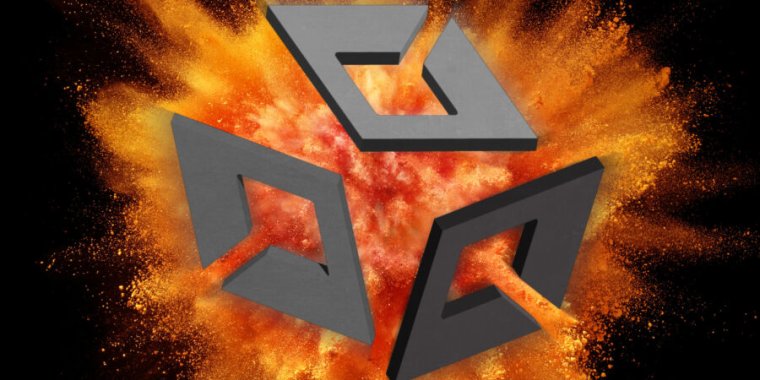Unity Technologies has faced widespread backlash from the video game developer community after announcing a new pricing model that charges a fee based on game installations, rather than a revenue sharing model, leading to concerns about financial risks, impact on subscription services, charity bundles, piracy, and other successful models for smaller developers.
Game developers are criticizing Unity's new pricing model, called the Unity Runtime Fee, which will charge a small fee to developers each time their game built on Unity's engine is downloaded, with concerns raised about the impact on free-to-play games, charity bundles, and smaller indie developers.
Unity's decision to charge developers per installation of their game on their game engine has caused uproar and may lead to developers switching platforms, potentially jeopardizing Unity's future.
Metal Hellsinger and other game developers face uncertainty as a new Unity fee policy is introduced, leading to potential engine migrations and concerns about game sales.
Unity is backtracking on its new runtime fee policy after facing backlash from developers, promising to make changes to the policy and share an update soon.
Unity, the cross-platform game engine maker, is rolling back its plans to charge developers based on the number of installations and revenue after facing backlash from developers and receiving death threats.
Unity has announced that it will be changing its recently revealed fee structure in response to the backlash from developers, as they threaten defection to other game engines.
Unity has reversed its controversial pricing scheme after facing backlash from users, with a new policy that is more favorable for independent developers and eliminates the runtime fee for current versions of Unity.
Unity has learned from the feedback and backlash it received regarding its fee structure plans, and now considers stable licensing terms to be a key feature of the engine.
Unity is pursuing a sustainable future by implementing a new fee structure that removes ongoing fees for free users and only applies fees to games that have reached certain revenue and engagement thresholds.
Unity has backtracked on its proposed runtime fee and implemented a new revenue-sharing scheme following backlash from the community and negative press, with the changes set to take effect in 2024.
Game engine developer Unity faced backlash from developers after implementing a new fee structure that would charge for each game installation, but due to the negative response, the company rolled back its plans and made several changes to retain developers, although it may have still damaged Unity's reputation and may not significantly impact its financial situation.
Unity Technologies, a software company used by millions of game developers, faced backlash and threats from developers after proposing a new fee model that charges them every time someone installs their game, resulting in potential business-killing costs for popular games.
